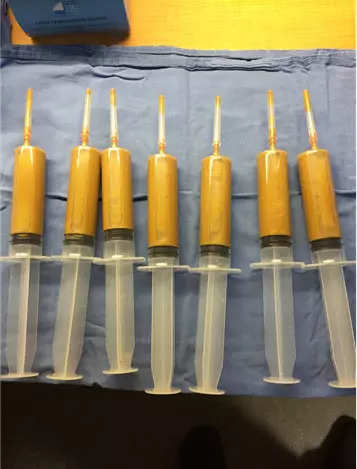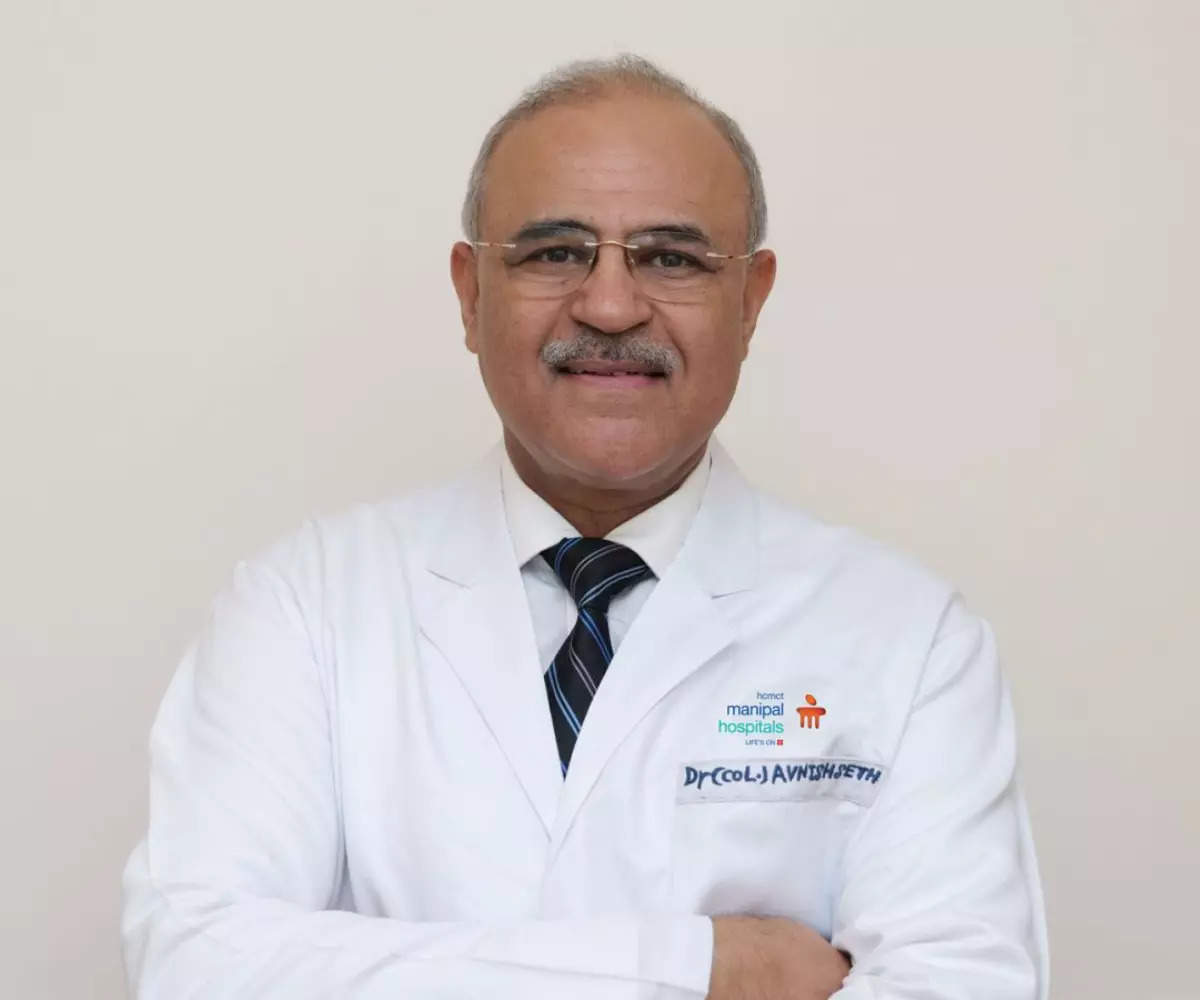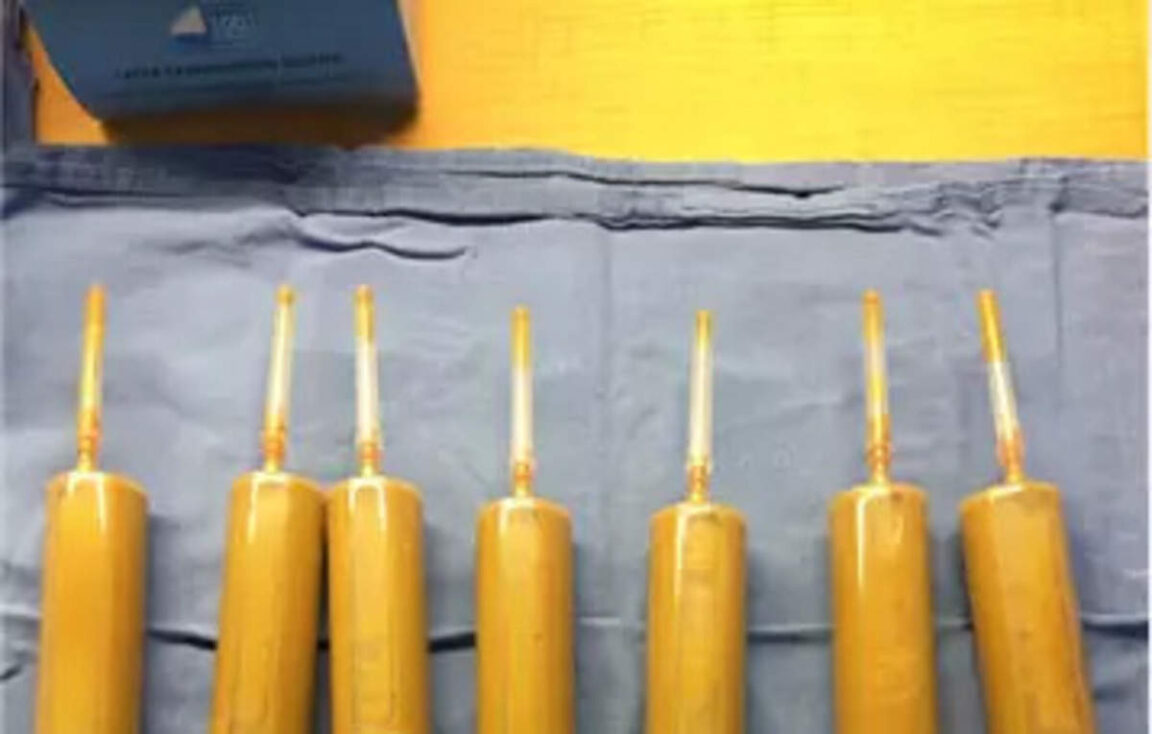
New Delhi: It might sound like an unpleasant joke, but science is showing that someone else’s poop could actually improve your gut health! Yes, the fecal microbiota transplantation (FMT), a procedure where stool from a healthy donor is transplanted into the gut of someone in need. While it may seem like a quirky remedy, FMT has become a serious medical solution for balancing gut bacteria and treating a variety of digestive conditions.
Initially used to combat recurring Clostridium difficile (C. diff) infections, FMT boasts a success rate of over 90 per cent. And with the gut being linked to everything from digestion to mood, this ‘biological reset’ has evolved beyond infections to being explored as a potential treatment for conditions like inflammatory bowel disease (IBD), irritable bowel syndrome (IBS), and even neurological disorders. From colonoscopies to easy-to-swallow capsules, FMT is becoming a smart, scientifically backed way to give your gut a fresh start—no punchline needed!
In a world where gut health is gaining attention, FMT might just be the hero we didn’t know we needed. And for countries like India, where gut-related conditions are prevalent, this low-cost and effective treatment has the potential to change lives.

Speaking to ETHealthworld Dr (Col) Avnish Seth, VSM, Chairman, Manipal Institute of Gastroenterology & Hepato-Biliary-Pancreatic Sciences, Manipal Hospitals, the first doctor in India to have facilitated studies on FMT, he also performed the first FMT in India in 2014 on a patient with ulcerative colitis. “Fecal Microbiota Transplantation (FMT) refers to the process of instillation of stool from a healthy donor into a patient through rectal enema, colonoscopy, per-oral enteroscopy, nasogastric tube or capsules. The goal of this treatment is to restore a balanced and healthy gut microbiome, which is now known to play a crucial role in pathogenesis of several diseases. Over the last few years, FMT has evolved from a research tool to a low-cost, readily accessible and safe treatment option,” shared Dr (Col) Seth.
He added that the concept of using fecal matter to treat illnesses dates back centuries, modern FMT has gained traction after 2013 when clinical studies highlighted its effectiveness in treating recurrent Clostridium difficile (C. diff) infections.
Elaborating on how FMT works and the power of the gut microbiome, Dr Seth said,”This treatment is considered unique as unlike traditional treatments that use medications or antibiotics to combat infections, FMT takes a biological approach by reintroducing healthy, balanced microbiota directly from a donor. This is especially important because gut bacteria play a vital role in digestion, immune response, and overall well-being. There are millions of gut bacteria that exist in a complex but balanced state with the host. Dysbiosis, or abnormal composition of these bacteria has been described in the pathogenesis of all the disorders mentioned above. Such conditions are amenable to therapy with FMT.
He also added that FMT is safe, and when donor evaluation is done as per standard protocol and recipients are not immunocompromised, no significant adverse effect is reported after use in hundreds of patients. “Few individuals develop self-limiting fever, abdominal cramps and loose stools. These are expected side effects and shouldn’t be cause for concern. They usually pass in a day or two,” he added.
Talking about the expanding potential of FMT, the doctor informed that its potential treatment scope for conditions, such as inflammatory bowel disease (IBD), irritable bowel syndrome (IBS), alcoholic liver disease, alcohol use disorder, Parkinson’s disease, autism spectrum disorder, metabolic syndrome and obesity.
“Until more robust data is available, FMT should be performed only as a part of approved clinical trials. The extensive and often indiscriminate use of antibiotics in India has contributed to imbalances in the gut microbiome, increasing the risk of infections like C. diff. A more common form of inflammation of the lining of the large intestine is ulcerative colitis (UC). The prevalence of UC in India is around 44 cases per 100,000 population each year. FMT, being a low-cost treatment option, makes it highly relevant to the Indian context,” he said.
FMT is being used in several countries. Australia was the first to research and publish extensively in this field. FDA approved the treatment in the US for recurrent Clostridium difficile infection in 2013. The first trial on use of FMT in irritable bowel syndrome (IBS) from Asia was published by Dr (Col) Seth and his team in 2021.
In order to perform FMT a team of specialists from multiple fields are required to ensure both safety and effectiveness, shared Dr Seth, he said, “Gastroenterologists, who are experts in diagnosing and treating gastrointestinal disorders, typically perform FMT. The procedure itself often involves techniques such as endoscopy, colonoscopy, or the use of nasogastric tubes, which require proficiency in these methods to safely deliver the transplant into the patient’s gastrointestinal tract. Additionally, experts in microbiology and pathology are vital to ensure safety of donor stool and studying response to FMT in biopsy samples.”
Touching upon the future of FMT and how this transplant can treat more than just gut issues, Dr Seth said,” Inflammatory bowel disease (IBD) is one area where FMT is showing promise, with multiple studies indicating that it can be a valuable treatment for managing symptoms and maintaining remission. Similarly, there is growing evidence that FMT may help manage irritable bowel syndrome (IBS), though repeat treatments may be necessary for long-term benefits.”
He further added FMT is also being investigated as a treatment for metabolic disorders, including obesity and insulin resistance. Recent studies have shown improvements in blood sugar control and insulin sensitivity following FMT, making it a potential tool in managing metabolic syndrome. Additionally, FMT may provide benefits for patients with Parkinson’s disease and autism spectrum disorder, where gut dysbiosis has been linked to symptoms.
Talking about the impact of FMT on neurological conditions, such as Parkinson’s disease, that affects millions worldwide, Dr Seth elaborated that a protein called alpha-synuclein misfolds and clumps together. Those clumps then damage dopamine-producing nerve cells in the brain, which leads to the typical Parkinson’s symptoms. The protein clumps are believed to be formed in the gut wall at a very early stage of the disease, from which they reach the brain cells via the vagus nerve, which connects the gut and the brain. This process can be influenced by gut bacteria. Indeed, emerging research suggests a surprising link between Parkinson’s disease and gut dysbiosis.
“For anxiety, there is growing evidence linking gut health to mental health through the gut-brain axis. Imbalances in gut bacteria have been associated with anxiety, depression, and other mood disorders. While FMT is still being studied for these conditions, there is potential that restoring a healthy microbiome could help alleviate symptoms of anxiety and improve overall mental well-being,” he adds.
Dr Seth concluded that every human has a unique and dynamic gut bacteria footprint, and with advancements like 16-S Ribosomal RNA microarray probes, identifying specific deficiencies in good bacteria. He believes that in the future, FMT could become as simple as selecting the right bacteria from a fridge and administering it via non-invasive capsules. This could revolutionise gut health treatments, making personalised, targeted solutions accessible for everyone.


